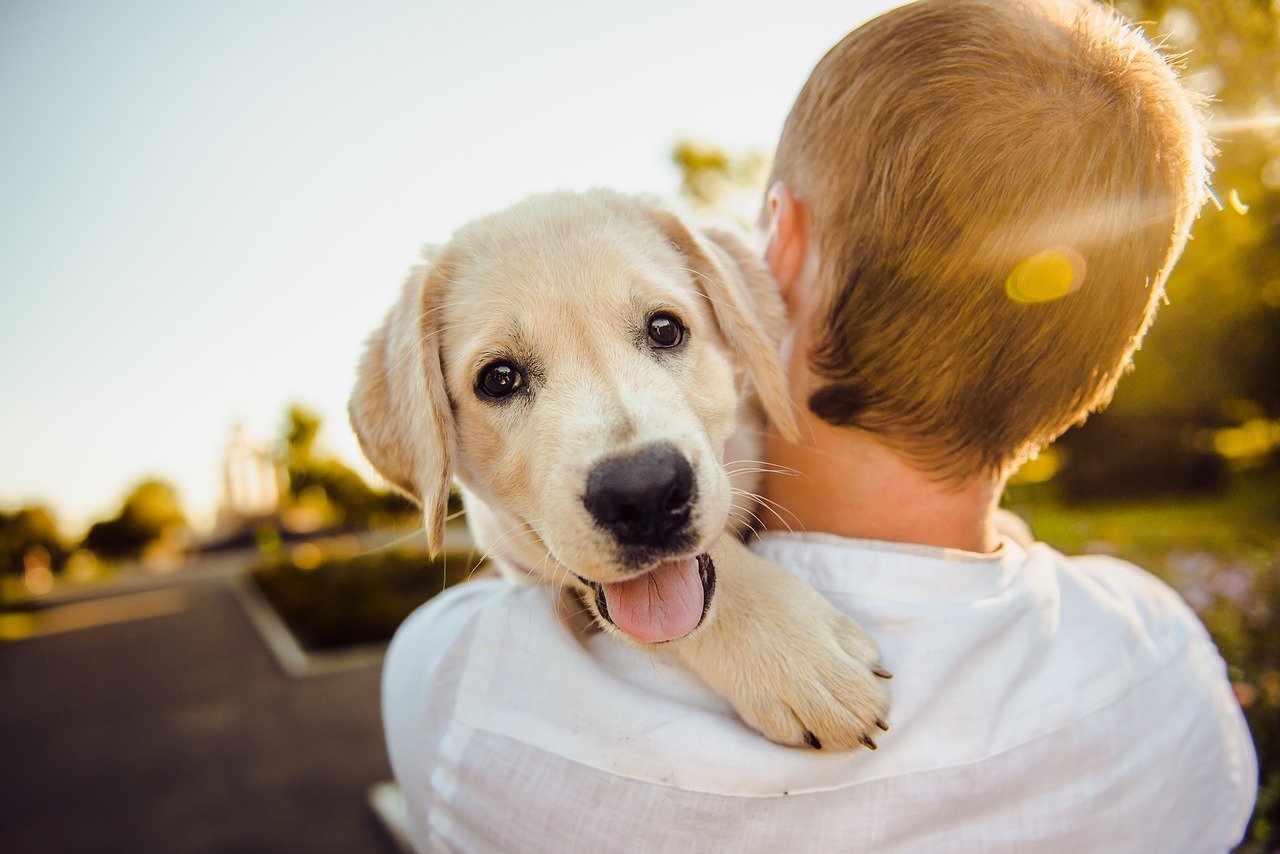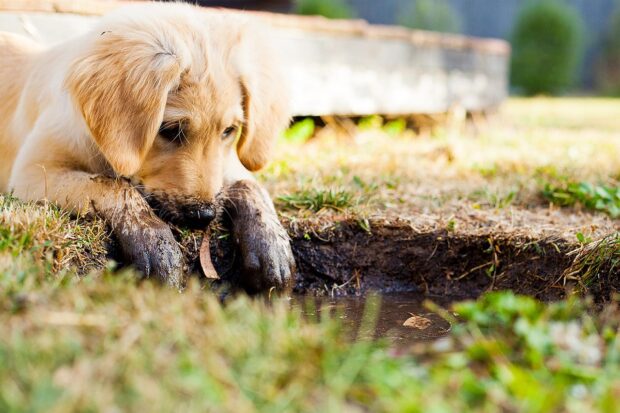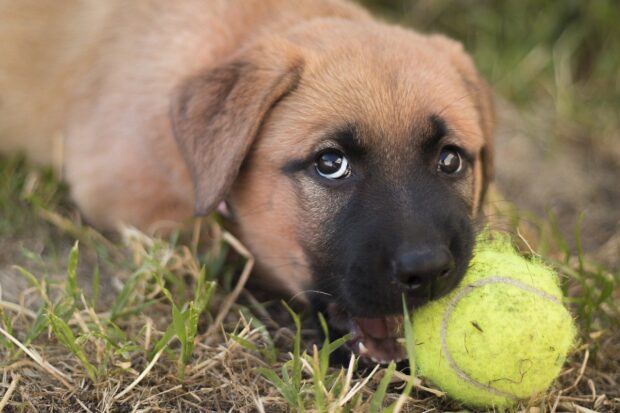Advertisement
Pets
Nine Top Tips for Training Your New Puppy

So you just got home from the animal shelter with your new puppy and you realized you know virtually nothing about training a dog. And let’s be real here, puppy-training classes are expensive, not everyone has time for that, and they don’t always guarantee results. Lucky for you, we’ve compiled a few tips to make sure you and your new pup have the best-possible life together!
Socializing
Socializing your puppy is a very important part of training because it sets them up to be well-adjusted adults around other dogs and in all sorts of environments. Not doing this can lead to behavior problems including fear, aggression, and too much barking – and we’re pretty sure you don’t want any of that!
Make a Schedule
Dogs often do better with a set daily routine. For example, plan to feed your puppy around the same time every day, and then make sure he goes outside right away. This will certainly make house training a lot simpler, because he’ll always have a set time that he needs to go do his business!
House Training
This is a pretty obvious one because we’re pretty confident that it was already on your list of priorities to begin with. Get used to feeding your puppy at similar times of the day (as mentioned above), and then take him outside as soon as he’s finished eating. And of course, always reward him with treats and praise after he goes outside!
Don’t Use Negative Reinforcement
It can be tempting to get angry when your puppy has an accident indoors, or when he chews up your new couch, but it’s important to remember that scolding or punishing won’t actually do much good; if anything, it will scare or confuse him. Instead, focus on rewarding good behavior with treats and praise.
Basic Obedience Training
Puppies are ready to learn basic obedience commands as soon as you bring them home, so you can start teaching them things like “sit,” “stay” and “lie down” to instill good manners early on. And once again, always use positive reinforcement!
Crate Training
Crates are important for those times when you can’t supervise your puppy, or when you just need him out of the way for a few minutes. But getting him comfortable being in the crate will take a bit of practice, patience, and positive reinforcement. If you do things right, the crate might even become his new favorite place in the house! Note: Don’t make a habit of leaving him in there for long periods of time!
Don’t Discourage Chewing
Chewing is just a normal part of being a dog. In fact, it’s actually good for their teeth, so you shouldn’t discourage them from doing it. Instead, teach them which things are appropriate for chewing. When you see him start to chew on something he isn’t supposed to, instead of scolding, just replace it with an appropriate toy like a bone or kong filled with peanut butter.
Keep Him Mentally Stimulated
Some dog breeds need more mental stimulation than others, and not providing them with such can lead to separation anxiety when you’re gone, aggression, or other types of behavior problems. To avoid this, make sure you always provide them with something they can play with when you’re not around, so that they’re not left to their own devices to find something to do. (Note: Did you know that they make puzzles for dogs now?)
Get Him Comfortable With Being Alone
It’s important to get your dog used to being alone sometimes because realistically, you can’t be around him 24/7, especially if you normally work in an office during the day. This means that you should not go coddle your puppy every time he cries at night, no matter how much it breaks your heart. And of course, give him lots of love when you come home after a long day of work – after all, he probably thinks you were planning to leave him forever!


